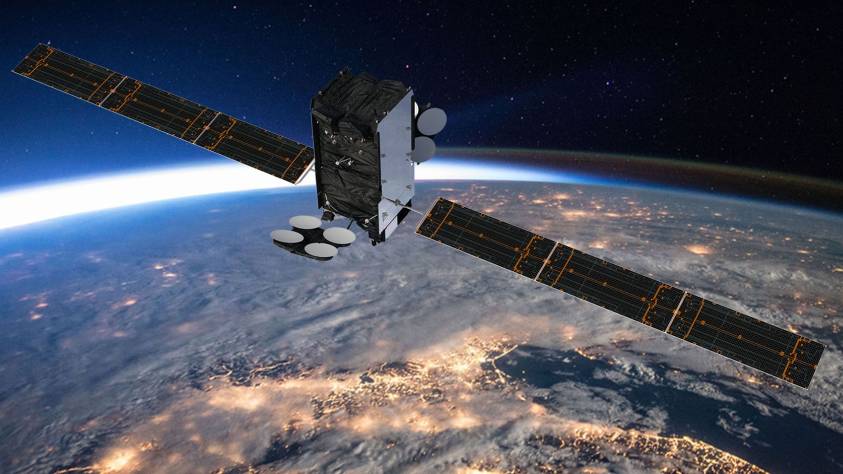Satellite connectivity boosting justice system in Papua New Guinea


The National and Supreme Courts of Papua New Guinea hope new internet connectivity will improve access to justice and empower people interacting with the judicial system across the country. The satellite-based system is also expected to boost the country’s e-judiciary programmes as well as support education in the judicial sector across the Pacific.
The National and Supreme Courts of Papua New Guinea hope new internet connectivity will improve access to justice and empower people interacting with the judicial system across the country. The satellite-based system is also expected to boost the country’s e-judiciary programmes as well as support education in the judicial sector across the Pacific.

Last week A ‘National Judiciary Satellite Service’ (NJSS), was launched by the National & Supreme Courts of Papua New Guinea using a brand new Kacific1 satellite for internet.
Since February 2020, the NJSS has installed around 26 satellite dishes at 24 rural based courts nationwide, connecting them to affordable and high-speed satellite internet. This connection will allow for a step change into a more digital judiciary system, even in the most remote and rugged regions.
Examples of the e-judiciary include:
• An Integrated Electronic Case Management System
• Online professional development
• Digital bail
• Artificial Intelligence for assisting sentencing
• Databases and digital services
The Papua New Guinea Centre for Judicial Excellence is particularly excited about the opportunities the new system will allow. It already delivers structured training programmes for judges from 17 countries across the wider Pacific region. Using the new satellite system, the Centre will be able to develop online learning modules to distribute to judges in remote areas.
Ultimately, it’s hoped the new technology will support the country to build a stronger and more equitable judiciary, policy and corrections system, which in turn will support a safer and more stable Papua New Guinea.